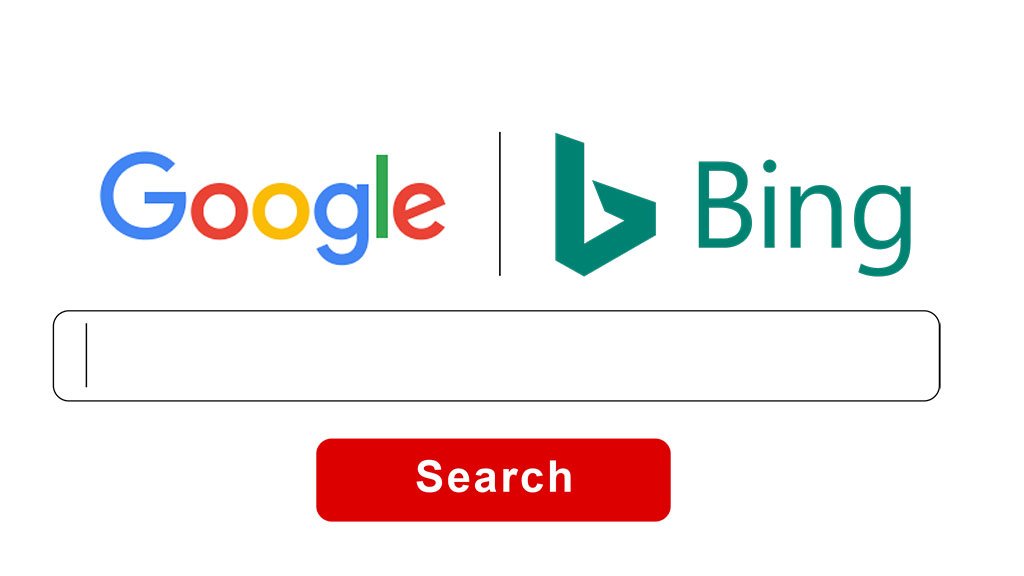
How Google & Bing Use Twitter & Facebook in their Ranking Algorithms
It has been observed that both Google and Bing count certain social signals emanating from the social networking spectrum while producing search results. Though this assumption is still in its initial stages, certain observations related to Twitter and Facebook have been made with regards to their influence on both Bing and Google.
Both these engines offer a way to see results. Written or shared by acquaintances. Both of them also have a provision in place to check content being shared in real time on social networks. Technologists have put in extensive studies to accumulate content from social networks and leverage these ‘signals’ from the networks. This is eventually done to decide which site deserves to be ranked well.
There is a point to ponder here. What transpires within social search tools is contrary to what one observes after doing an ordinary web search. Both Bing and Google contemplate which pages to rank from the hundreds of millions getting indexed from the web.
Technologists have speculated about Google using close to 200 dissimilar social signals in totality. All of these are meant to decide which pages to rank and how to rank them. This is in response to any search conducted, including the likes of PageRank and Anchor Text. The former decides how authoritative a page may be with the latter taking a call on pointing a page.
This might be the modus operandi in case of web pages. Some of them are exceptionally trustworthy whereas some are not. If these ‘reliable’ pages link to others, then the ones they point at gain a reputation on the ranking systems of the search engine.
It your Twitter page has a PageRank of 7 out of 10, it is pegged as an average degree of authority in the link counting cosmos of Google. Now things being linked to that Page through Twitter receive better credit than the twitter page with a lower PageRank.
There are some more clauses involved in this situation. Twitter uses something called a “no follow” tag. This further prevents links that get Tweeted from getting any credit. There is another catch to this. All pages having a PageRank score are still useful for Google. One gets something called the “Social Rank” through them. This is used as an instrument to determine the authority that people have on social networks.
You have to be an authority on both Twitter and Facebook for your tweets and messages to be given weight age. What this does is the personnel working on Twitter are able to lend their authority to the pages they ‘Tweet’ subsequently on. Google is known to calculate third party authority, Twitter choosing to negate the same.
This might take some time to understand but this trend has become so noticeable that many have felt compelled to study it. In case you are able to identify how both Bing and Google read Twitter and Facebook, you can proceed with your optimization campaign that way.
Contributed by:
Archana Bhat Mantoo
Internet Marketing Manager